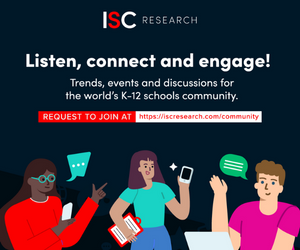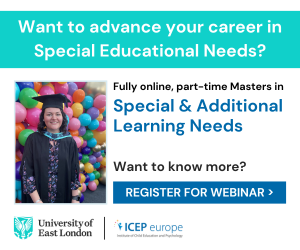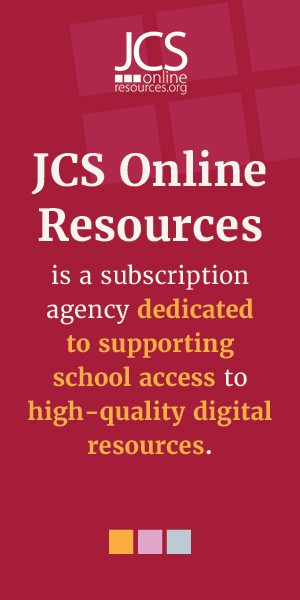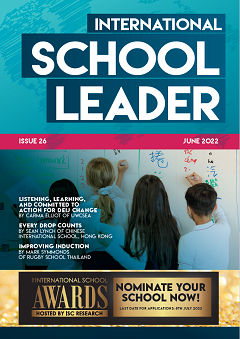By Tom Wade
Lots of people have concerns about AI in education – chiefly that it will lead to wide-scale plagiarism, and that children will stop thinking for themselves. However, there is also potential for AI to boost learning, reduce teacher workload and open a new digital world for our young people.
With both risks and rewards, it poses an important conundrum for education as we strive to equip pupils with the digital skills to thrive in the modern workforce, but also safeguard high-quality teaching and our school communities. Regardless, we cannot ignore that AI is already affecting teaching and learning so we must find a way to navigate its development and adapt to the new powerful tools our pupils now have access to.
Establishing our ethos
If used effectively and responsibly, AI can bolster independent thought and critical thinking and equip young people for successful careers. Thus, at Haileybury, we want to be at the forefront of its development and ensure we can harness it successfully.
We first set out a comprehensive approach to AI by undertaking thorough research. We spoke to schools internationally that were using AI or considering similar questions to us and with education and digital experts. We took this information, as well as input from our school community, and created a school-wide AI strategy.
We presented the strategy to teaching staff first, so they were confident in our approach. Their reservations were the need to keep safe online and the practical ability to use AI. We therefore presented what AI is and its potential within education. We also gave staff and heads of departments time to experiment with different tools and consider the exciting impact AI could have on their subjects.
Next, we presented the strategy to parents, bringing them along on the journey. Through webinars and newsletters, we showcased the power of AI and how we were planning to embed it in the curriculum. It was also crucial we acquired parental permission for pupils aged 13 to 18 to access our chosen AI tools. We also introduced an AI course in Year 9 to educate pupils on the ethical debate and develop their digital and analytical skills.
This strategy has been our guiding light, ensuring we harness AI effectively and ethically. We keep it as a live document – the developments in AI are moving rapidly so we need to be adaptable.
Implementing AI effectively at all levels of education
Embedding AI to support learning
To implement the strategy, we distilled down the five AI apps that we felt would best aid learning and support teacher workload. These were Perplexity for AI-assisted research, Canva for design, ChatGPT for text interaction, PI for verbal interaction and support, and MagicSchool for safely distributing AI tools to pupils and supporting teacher workload.
These tools have already had a significant impact. When surveyed, Sixth Formers reported Perplexity searches had almost entirely replaced Google searches and provided much more useful educational responses. Our Theology and Philosophy department created revision GPTs on ChatGPT where pupils can ask questions, receive support and even ask the AI to act as a tutor. These GPTs are built on teacher resources and curated to only include information found within them, providing our pupils with validated 24/7 support. The Art department has embraced Canva and now teaches digital art as part of the core curriculum, and teachers have reported significant timesaving for planning through MagicSchool.
These tools have since grown in capability and we send staff weekly ‘tech tip’ videos, highlighting advancements and have open-door training for colleagues. We also review the AI tools we use, and pupil and staff digital leads regularly trial new apps and provide feedback before we roll them out.
“If used effectively and responsibly, AI can bolster independent thought and critical thinking and equip young people for successful careers.”
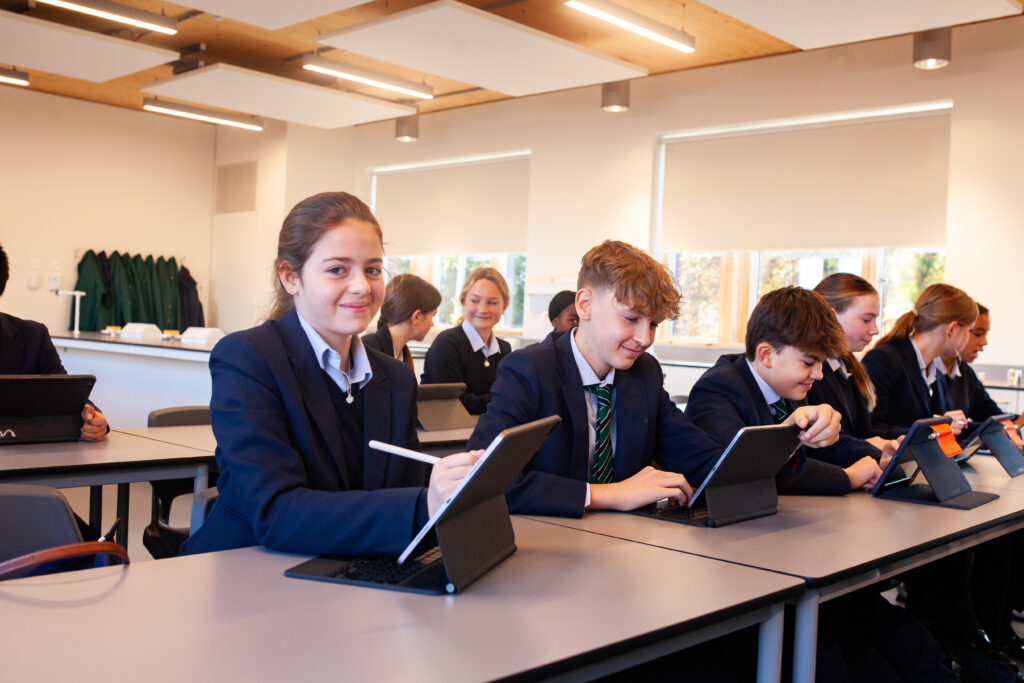
Photo: Class using AI in lesson at Haileybury
Updating our homework model to safeguard against cheating
In light of AI, we also flipped our homework model. We now set pre-lesson learning and research for homework, rather than recapping lessons and writing essays. It means pupils gather information using AI and other sources at home, building knowledge just as they would via a textbook. Then within lessons, we have meaningful discussions about their findings, interrogate their sources, cover the curriculum and set handwritten essays. We also ask AI to write an essay which pupils critique and improve.
This teaches pupils about AI’s shortcomings and ensures they apply what they have learnt to write their own work. Using AI to conduct research enhances pupils’ critical thinking and their assessment of the strength of sources, and writing their own essays inspires creativity and supports strong handwriting skills. To create a high-quality essay, pupils need to have a prior and thorough understanding of a topic to critically analyse the raw material produced by chatbots. Therefore, AI can and should be used to assist pupils in developing deeper knowledge and can be done effectively alongside traditional methods.
Reframing assessments to avoid plagiarism
Whilst international schools are adapting daily learning, AI also calls for a change in assessments. In the UK, a large proportion of assessments are written exams or coursework. Our view is that we should remove written exams and replace them exclusively with oral and practical exams. This will ensure we accurately assess pupil knowledge and remove the risk of cheating. Oral assessments, with pupils asked questions by a panel and then discussing it with the panel, make clear that pupils hold the knowledge.
AI adaptive assessments also have the potential to provide a more precise gauge of pupils’ abilities as AI adjusts the questions in real-time to pupils’ performances and grades them based on the level of difficulty they can answer successfully. Browser lockdown features and AI monitoring protect against cheating and remove human error from marking.
Whilst we are still working within the national framework for England, we are changing the way we assess internally and already conduct oral assessments within the International Baccalaureate and A Level academic extension projects. Similarly, Year 9 pupils’ extension projects are assessed verbally.
The benefits
We have seen first-hand how this use of AI has brought teachers and pupils closer together, increasing the quality of creative and in-depth discussion and improving the accessibility of learning. These methods have removed the risk of plagiarism, supported the upkeep of handwriting skills, and empowered pupils to use AI to inspire original thought and think critically about sources. It also teaches our pupils to use technology discerningly, crucial for the future job market. Developing a school-wide strategy has informed our staff and pupils about how to use AI effectively and ethically and will ensure we continue to be agile as the technology develops.
Practical tips
- Research, research, research – learning about best practice in other schools helps you to make an informed decision about your own school’s approach. Setting up a working group of colleagues who are interested in the digital sphere is also a great way to engineer this.
- Establish a clear vision and approach – whether it’s a mission statement or a full strategy, creating a school-wide approach to AI will ensure consistency.
- Bring your community with you – it is important that all your stakeholders including pupils, colleagues and families are brought with you on the AI journey, understanding what the school’s position is and how the school is planning to harness its potential, as well as keep the school safe. Training on AI for colleagues and pupils and information evenings for parents will be key to this.
- Don’t be afraid to pilot new ideas – given AI is a new technology, piloting the use of new platforms on a small scale is helpful to see what works and what can be enhanced further to make sure it is being used most effectively.
- Be adaptable – while establishing an approach is important, the new technology is continually evolving so you need to be flexible in light of new developments. This ensures you can continue to give young people high-quality education that sets them up for successful careers.

Tom Wade is the Assistant Head (Digital Strategy) at Haileybury one of the UK’s leading co-educational independent boarding and day schools. You can connect with Haileybury and Tom on LinkedIn.

